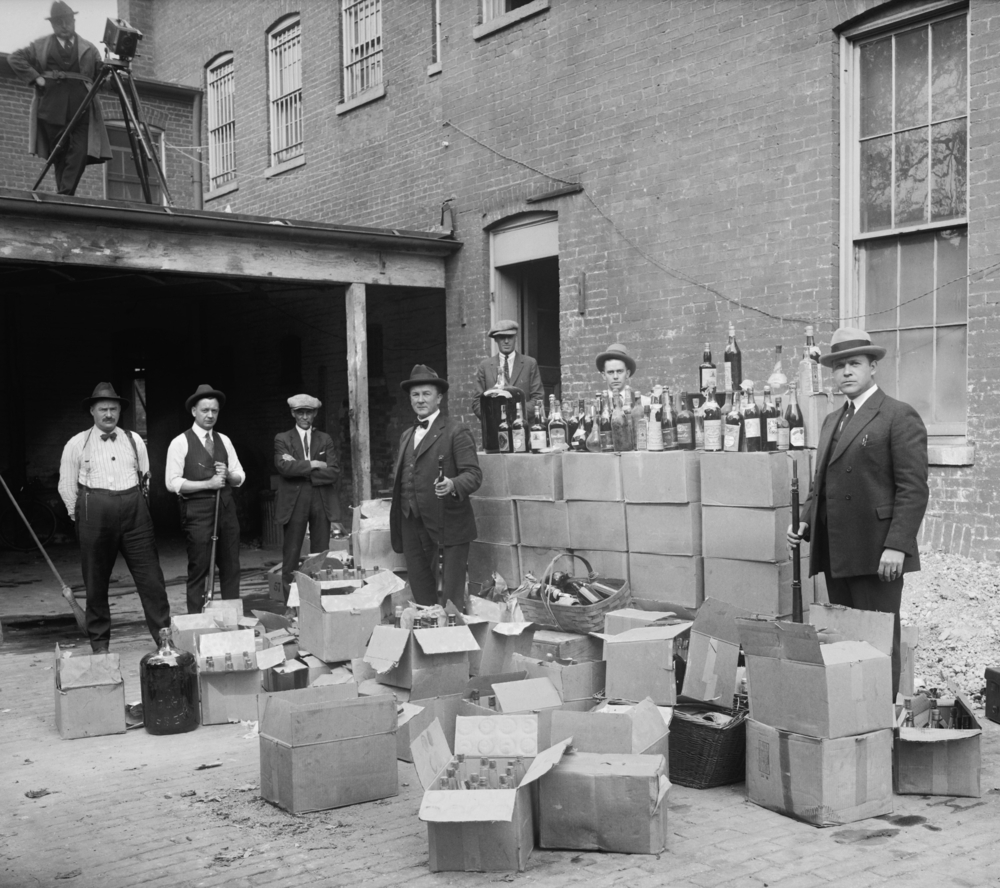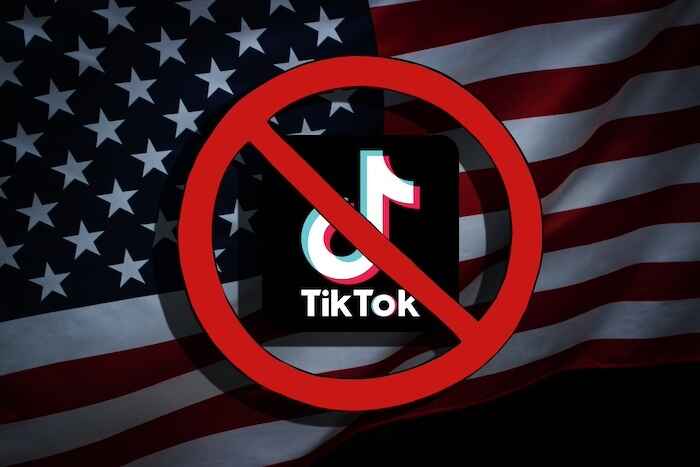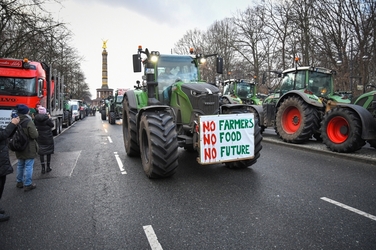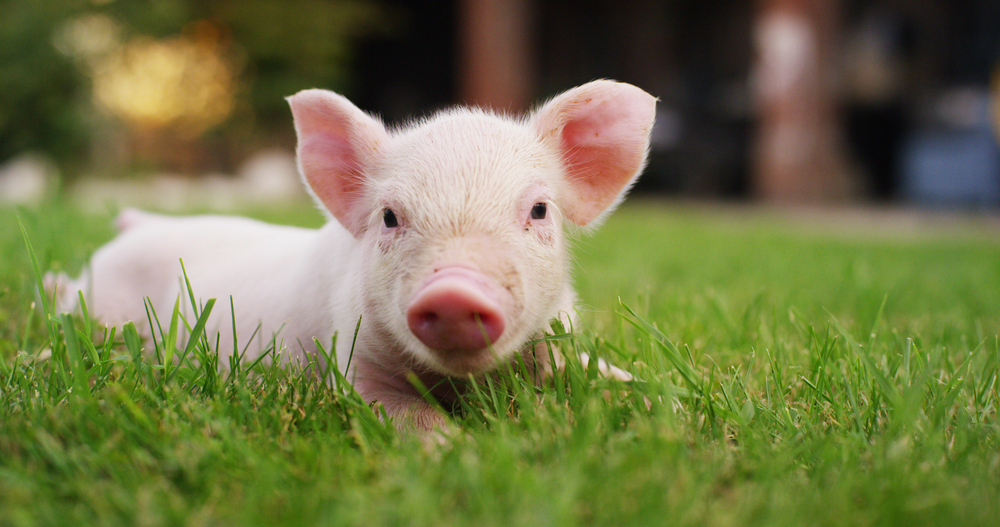Coercion Is Not Freedom
Joel Salatin|April 2, 2020

My article noting how tolerance toward disagreeable people or protocols is the essence of freedom certainly generated lots of feedback, for which I’m eternally grateful.
Titled “The Discomfort of Freedom,” this article expressed the enemies I’ve made among farming neighbors because I dare to suggest there are good farmers and bad farmers. Or good practices and bad practices.
The point of the article, however, was to show that if I want to preserve the freedom to build compost piles and not vaccinate my chickens, I must defend and tolerate the freedom of neighbors who choose to spray herbicide and apply chemical fertilizer and vaccinate their chickens.
It’s a real tension for those of us who profess to love liberty.
I asked the question: What activity is heinous enough to merit your requesting governmental intervention?
The current coronavirus situation brings this question into sharp practical focus.
Alternative Approaches
Interestingly, the biggest pushback on my article concerned vaccination, both in animals and in people.
Let’s assume for a moment a coronavirus vaccine does develop. With the current level of fear and concern, would or should our society (politicians) mandate vaccination? Would you be okay with that?
As much as I don’t want anyone to get sick, I would oppose such a rule. Here is why.
Every policy has an alternative. “This is the only way” for solutions or remedies is simply not true for most things. The current pandemic is a great example. Here are remedies I’ve already heard about:
1. Essential oils
2. Supplements (vitamin C)
3. Tonics (elderberry juice)
4. Malaria drugs
5. Vaccines
6. Hyperimmunity.
Here’s another example. Many years ago, we had a group of stocker calves (500 to 600 pounds) on a new property we had rented. It had been poorly managed for some time and had large blackberry patches, 2 acres in size, with canes 12 feet tall.
The owner, a wealthy environmentalist fellow, did not want us to mow these patches because they offered habitat for birds and rabbits.
We don’t like brambles in pasture, so since mowing was prohibited, we decided we would slowly tromp them out with the cattle. We placed the mineral box a few feet into the edge of these patches to lure the calves into them.
After only a couple of days there, we lost a calf. Then we lost another. Then two more.
I called the vet and he confirmed the dreaded blackleg disease. Most farmers vaccinate for blackleg. We got the herd in, vaccinated, and it stopped the problem.
But I wasn’t satisfied with vaccination as a new protocol in our program, so I started going through all my livestock books.
In the last one on the shelf, I found the answer: “Blackleg enters the body through puncture wounds often caused by brambles.”
Goodness, we were turning these calves into pin cushions and making them susceptible to a ubiquitous disease that otherwise would not find a point of entry.
We went to the landlord with this information, got permission to mow the brambles and now a decade later have not suffered a single additional death among thousands of calves.
I don’t have time in this short piece to articulate how many times we’ve repeated this situation in our half century of farming without drugs and vaccines.
Every time we’ve had a problem, it’s been our faulty management. That could even include choosing the wrong bull or ram or dam or ewe. The point is we’ve always found a remedy other than the orthodox treatment.
A Coercive Culture
As a culture, we’ve slowly developed a coercive mentality. Other than slavery and reneging on every treaty we ever made with Native Americans, perhaps the biggest cultural launch of coercion came with Prohibition.
For the first time, we gave in to mob rule all for the good of society. Although it was repealed, the damage was done, and a formerly liberty-minded society accepted a massive uptick in coercion.
It’s one thing for a society, and even politicians, to strongly suggest an action or encourage societal behavior in a certain direction. Remember, the Woman’s Christian Temperance Union had every good intention: saving society.
But when the desire becomes law, that puts a different spin on it.
I’m certainly not an anarchist, but if we are to preserve freedom at all, we must recognize the danger of coercive legislation. “Everybody shall” is a far cry from “everybody should.”
This freedom erosion moved on up through the 20th century into the workplace with minimum wage laws and mandatory Social Security. More recently, it included seat belts and motorcycle helmets.
To be sure, I think seat belts and motorcycle helmets save lives. But freedom requires people being able to choose their risk. Fear is a good thing in many ways, but it’s also subjective. I’m afraid of a lot of things, including riding a motorcycle without a helmet. And eating Little Debbie snacks. And guzzling a Coca-Cola a day. That scares me to death.
But I don’t campaign to prohibit them.
I think veganism destroys mental capacity in children, and I’m offended that somebody thinks I should pay for the later-in-life remedies to these abused children.
But what if I disagree with the cohort of baby vaccinations? If I don’t allow one parent to abuse their children through veganism, how can I ask them to let me opt out of vaccination?
Defending Choice
One person’s comfort is another person’s fear.
For example, I have zero fear of getting into a corral with 200 cows. Others would be scared to death to do that. I’m scared to death to navigate traffic in New Delhi; others don’t give it a second thought.
The truth is that all of us come to life situations with different perceptions and faith in different experts and protocols. Perhaps the foremost imperative for preserving societal freedom is defending choice for those with whom we violently disagree.
A growing body of information questions whether vaccinations actually stopped smallpox, polio and measles.
Should it be legal for me to take this position? Should it be legal for me to act on my belief? How tolerant are we, really?
This is both a personal and societal question, but if we don’t first wrestle with it personally, we’ll certainly never wrestle with it as a society.
This is not easy; I have to check myself routinely. But preserving liberty is not easy either.
In fact, it’s much easier to just let the government make the decision. Then I don’t have to.
Note: How do we preserve freedom when the government legislates for “the good of the people”? Send us an email with your thoughts here.





